California Natural Resources Agency
Sacramento CA
Monday, March 24, 2025
California Solar Canal Initiative Summit
The California Solar Canal Initiative (CSCI) Summit will be held at the California Natural Resources Agency headquarters in Sacramento on Monday, March 24, 2025, and will explore how solar canals can generate clean energy, conserve water, and optimize land use at scale. The summit will convene state agencies, expert advisors, and research faculty from seven universities to assess the economic, regulatory, and environmental pathways for scaling solar canal deployment across California.

Participant Bios
(listed in order of appearance)
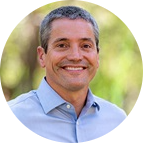 Wade Crowfoot
Wade Crowfoot
Wade Crowfoot serves as California’s Natural Resources Secretary, leading efforts to conserve California’s environment and natural resources. He has served as Secretary since 2019 and advises Governor Newsom as a member of his cabinet.
Secretary Crowfoot oversees an agency of over 25,000 employees spread across 26 departments, commissions, and conservancies. His agency is charged with stewarding California’s forests and natural lands, rivers and water supplies, and coast and ocean. It also protects natural places, wildlife and biodiversity, and helps oversee the state’s world-leading clean energy transition.
Secretary Crowfoot is leading efforts to achieve Governor Newsom’s ambitious environmental vision, including a commitment to conserve 30 percent of California’s land and coastal waters by 2030. He oversees billions of dollars of public investment to protect people and natural places from climate change impacts, and has led efforts to navigate California’s record-breaking droughts, floods, and wildfires. Secretary Crowfoot has also initiated a new era of partnerships with California Native American Tribes and is shifting how the agency operates to better support all California residents and communities.
Secretary Crowfoot has been on the frontlines of environmental leadership throughout his career. He served in Governor Jerry Brown’s Administration as deputy cabinet secretary and senior advisor to the Governor, driving climate action. He led the non-profit Water Foundation to build water resilience across the American West. He spearheaded efforts to establish and defend California’s landmark climate change policies as West Coast regional director for the Environmental Defense Fund. As an environmental advisor to then-San Francisco Mayor Gavin Newsom, he helped establish many first-in-the-nation urban environmental policies. Secretary Crowfoot received a bachelor’s degree from the University of Wisconsin-Madison and a master’s degree from the London School of Economics.
Wade grew up in Michigan spending summers at a YMCA camp and in the woods around his family’s remote cabin in Northern Ontario. He moved to California in the mid-1990s and discovered backcountry camping with friends. His first time in the redwoods at Big Basin State Park is still one of his defining California moments. He loves to camp with his wife and daughter and learn new things in the outdoors, currently including fly fishing and soon backcountry skiing. He says his best days as Natural Resources Secretary are spent outdoors with local groups that are conserving land and connecting people to nature.
 Monica Dean
Monica Dean
Monica Dean is the Climate and Sustainability Practice Director at USC Public Exchange. She brings more than a decade of experience to USC from across the climate, energy and environment field. Most recently, Monica served as an expert senior advisor to the Special Presidential Envoy for Climate John Kerry and Assistant Secretary for Oceans, International Environmental and Scientific Affairs Monica Medina, leading negotiations and international policy on climate and biodiversity. Before joining the Biden Administration, Monica worked for the United Nations Foundation, the Energy Future Coalition, the American Public Power Association, and the Maryland Clean Energy Center. She is a graduate of Tel Aviv University and California State University, Sacramento.
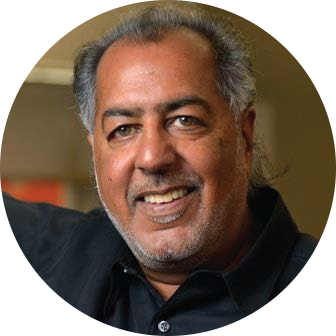
Robin Raj
An award-winning creative director, writer, and veteran of purpose-driven communications, Robin Raj has harnessed the power of media, storytelling, and community engagement to advance social responsibility, sustainability, and climate action for some of the world’s best-known brands and organizations for three decades – from Amnesty International, Bloomberg Philanthropies, NRDC, Sierra Club, Rock the Vote, and World Wildlife Fund, to Levi’s, Major League Baseball, NBC Universal, Stanford Medicine, and Walmart Sustainability program.
In 2017, Raj co-founded Solar AquaGrid with social entrepreneur Jordan Harris to help conserve water, land, and generate renewable energy at scale by reimagining our water/energy infrastructure and covering large swaths of California’s 4,000 miles of canals with solar canopies.
Robin previously launched Citizen Group in 2006, a creative marketing/social impact agency he continues to lead as Executive Creative Director. Among Raj’s credits: Working with NRDC and professional sports leagues to give rise to the global green sports movement; creation of the Imagine and Instant Karma campaigns for Amnesty International which ran in more than 65 countries; and creation of the NYNEX Yellow Pages Human Cartoons campaign at Chiat/Day, voted one of Adweek’s 25 Greatest Ad Campaigns.
Robin was privileged to start his career working closely with ad legends Jay Chiat and Hal Riney before founding three agencies of his own and being named to AdWeek’s Creative All-Stars List in 1990. Raj has served as a long-term board member of the Green Sports Alliance and as advisor to the Plastic Pollution Coalition and University of California Climate Change working group. His recent work on Project Nexus, California’s first solar canal project, earned Robin and his colleagues the Edmund G. “Pat” Brown Award from the California Council for Environmental and Economic Balance (CCEEB).
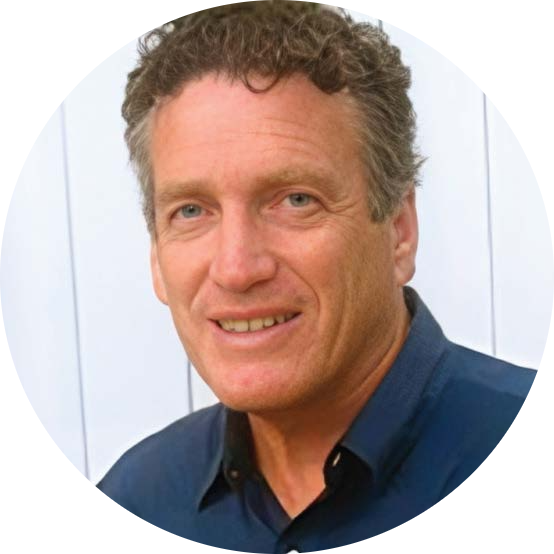 Jordan Harris
Jordan Harris
Jordan has been a long-time leader in sustainability, using the power of popular culture to shape social change. Today, as CEO of Solar AquaGrid, Jordan is focused on the critical issue of conserving our most precious resource – water – by accelerating innovative infrastructure solutions to create greater climate resilience in an age of increasing drought. Harris’ curiosity about California’s exposed canals led to commissioning the UC Merced research study that sparked the Project Nexus, the project currently underway in the Central Valley to cover large sections of canals with solar arrays.
Before committing his energy to advancing large-scale sustainability projects, Jordan had an illustrious career in the music business, Jordan co-founded and served as chairman of Virgin Records US and the Work Records label for Sony Music, after serving as head of Artist & Repertoire at A&M Records. During these years, he launched the careers of many of music’s biggest acts. At the same time, Jordan originated many high-profile projects and pro-social initiatives. In 1991, he co-founded Rock The Vote to engage young people in the political process by involving the entertainment community in its activities. In 2002, Jordan launched “Green Car to the Red Carpet,” organizing high-profile celebrities to take electric and hybrid vehicles to the Academy Awards, bringing global attention to making environmentally responsible choices. In 2005 Jordan co-founded OZOcar, utilizing low emissions hybrid vehicles to create what became New Yorkʼs first and largest environmental car service.
Jordan has served as a long-time board member of Global Green USA and NatureBridge, and as a board advisor to Dwell magazine and the social impact agency, Citizen Group.

Walter McGuire
Walter’s career spans law, politics, government, public affairs, and environmental advocacy. McGuire played key roles in multiple presidential campaigns, including those of Senators Ed Muskie, George McGovern, and Governor Jerry Brown (’76 and ’80), as well as President Jimmy Carter, Vice President Walter Mondale, and Governor Mike Dukakis. He also worked on gubernatorial races for Diane Feinstein and Mayor Tom Bradley and congressional campaigns for Nancy Pelosi and Barbara Boxer. In government, he served as Chief of Staff to Lieutenant Governor Mervyn Dymally and later as California’s Chief Lobbyist in Washington, D.C., representing the state’s interests before Congress, the White House, and federal agencies. During the Carter Administration, he coordinated domestic and overseas trips, including key diplomatic visits to Saudi Arabia, Brazil, Germany, France, Japan, South Korea, and Israel.
During California’s 2000-2002 energy crisis, McGuire spearheaded the Flex Your Power campaign, preventing projected blackouts and $16 billion in economic losses. The initiative evolved into a long-term energy efficiency program, elements of which continue today through Flex Alerts. A dedicated environmental advocate, McGuire also served as a board member and past Chair (16 years) of CCEEB (California Council for Environmental and Economic Balance), reinforcing his commitment to sustainability and pragmatic policy solutions.
McGuire also founded the Environmental Policy Center (EPC), leading sustainability initiatives and policy forums. He was instrumental in Earth Day 1990, which engaged over 200 million people across 140 countries, making it the largest peacetime public event in history. EPC’s Global Cities Project produced Building Sustainable Communities, a guide for local governments, and hosted the Presidio Conference, which helped shape President Clinton’s Council on Sustainable Development.

John Yarbrough
John Yarbrough was appointed Deputy Director of the California State Water Project (SWP) on May 3, 2024. In this role, Yarbrough oversees a workforce of more than 2,000 employees who are responsible for the operation of the SWP. The SWP is one of the world’s largest water and power systems and provides water to more than 27 million Californians.
Yarbrough was previously the Assistant SWP Deputy Director and has worked in a variety of roles within the SWP including assignments in the executive division, the division of operations & maintenance, the division of engineering, and the former power and risk office.
Yarbrough is a Registered Civil Engineer in California and holds a Masters of Business Administration from the University of California, Davis, a Master of Science degree in civil engineering from the California State University, Sacramento, and a Bachelor of Science degree in civil engineering from the University of California, Davis.
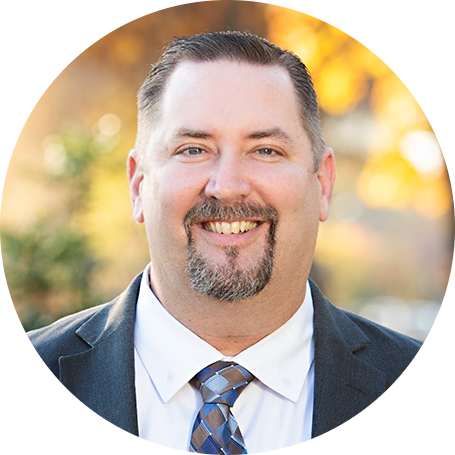
Brad Koehn
Brad Koehn was appointed as General Manager by the Board of Directors in 2024. As General Manager, Koehn directs the day-to-day operations of Turlock Irrigation District’s (TID) extensive irrigation water storage and delivery system as well as the generation, transmission and distribution of electricity within a 662-square mile service area in Central California.
Koehn has over 20 years of experience in the engineering field. Prior to working at Turlock Irrigation District, Koehn spent 16 years in private practice engineering, most recently co-owning a local civil engineering firm. In 2011, Koehn joined TID as the Civil Engineering Department Manager where he was responsible for the planning, design, and project management of many capital improvement, water-use efficiency, and irrigation automation projects. Prior to becoming the General Manager, Koehn served as District’s Chief Operating Officer since 2020. Koehn is a licensed professional engineer and land surveyor in the State of California.
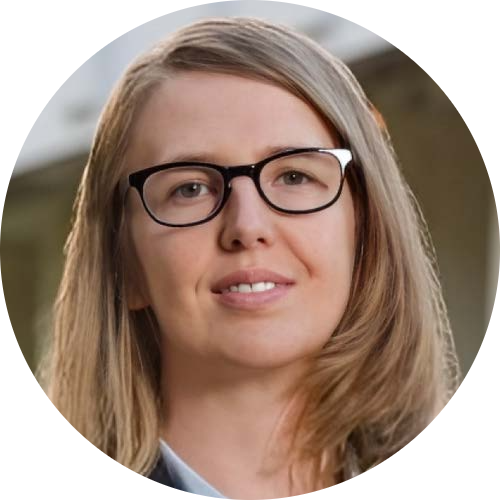
Brandi McKuin
Brandi McKuin is a CSCI research team member, a Lead Project Scientist at UC Merced, and lead author of the research on which Project Nexus, California’s first solar-over-canal project, is based. McKuin received her Ph.D. in environmental systems from UC Merced, where she also completed a bachelor’s degree in environmental engineering. She has worked as the technical lead of several multi-disciplinary projects related to the food-water-energy nexus with scientists from NOAA and NASA.
 David Hochschild
David Hochschild
David Hochschild was appointed chair of the California Energy Commission by Governor Gavin Newsom in February 2019. He fills the environmental position on the five-member Commission where four of the five members are required by law to have professional training in specific areas – engineering or physical science, environmental protection, economics, and law.
Chair Hochschild’s career has spanned public service, environmental advocacy, and the private sector. He first got involved in the solar energy field in 2001 in San Francisco as a special assistant to Mayor Willie Brown where Chair Hochschild launched a citywide $100 million initiative to put solar panels on public buildings. He also co-founded the Vote Solar Initiative, a 100,000-member advocacy organization promoting solar policies at the local, state, and federal levels. He was executive director of a national consortium of leading solar manufacturers and worked for five years at Solaria, a solar company in Silicon Valley. From 2007 to 2008, he served as a commissioner at the San Francisco Public Utilities Commission.
For his work to advance clean energy, Chair Hochschild was awarded the Sierra Club’s Trailblazer Award, the American Lung Association’s Clean Air Hero Award, and the U.S. Department of Energy’s Million Solar Roof True Champion Award. In 2024, he was named the American Energy Society’s Person of the Year: United States. Chair Hochschild holds a bachelor of arts from Swarthmore College and a master of public policy from the John F. Kennedy School of Government at Harvard University. He also was a Coro Fellow in Public Affairs.
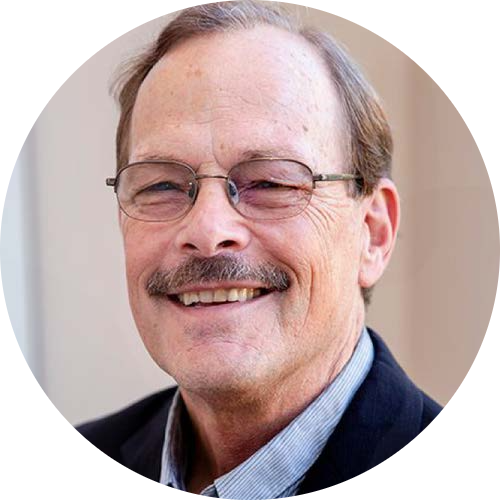 David Wooley
David Wooley
David Wooley is a CSCI research team member, a lecturer at the UC Berkeley Goldman School of Public Policy, and Executive Director of the Center for Environmental Public Policy. He has over 30 years’ experience with electric power regulation, climate policy and Clean Air Act implementation. He is co-author of a recent series of reports on U.S. transition to low-carbon-economy: http://2035report.com/. Previously, David served as an Assistant Attorney General in NY, taught energy and environmental law at Pace University Law School and was a founder of and Executive Director of the Pace Energy Project. Later he directed the American Wind Energy Association’s Northeast Policy Project, served as Counsel to the Clean Air Task Force and as Vice President for Domestic Policy Initiatives at the Energy Foundation in San Francisco. David is co-author of West Group’s Clean Air Act Handbook (2023).
 Pooja Agarwal
Pooja Agarwal
Pooja Agarwal is a Graduate Research Assistant on the CSCI research team, She is a Master of Public Policy student at UC Berkeley interested in advocating for a just and equitable energy transition internationally. Her background prior to graduate school is primarily in the philanthropic sector, first at a philanthropic advising firm and then in climate philanthropy at the Hewlett Foundation.
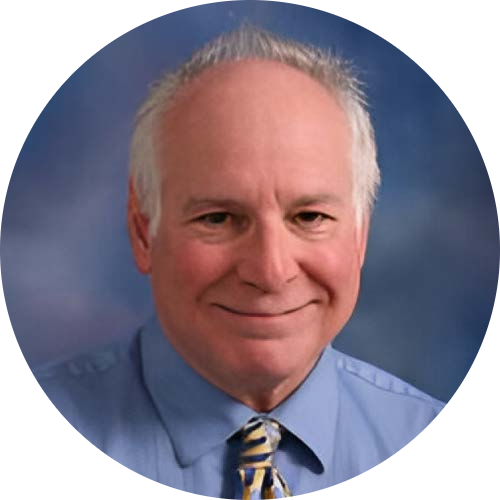 David Feldman
David Feldman
David Feldman, Director of Water UCI and CSCI research team member, specializes in water resources management and policy, global climate change policy, ethics and environmental decisions, adaptive management and sustainable development. His current research is focused on green infrastructure and urban water policy, trans-boundary dispute resolution and water, flood risk communication, the water-energy policy nexus, and the challenges in achieving institutional reform to promote equity in water management.
 Santina Contreras
Santina Contreras
Santina Contreras is a CSCI research team member and an Assistant Professor at the USC Sol Price School of Public Policy. Her research and teaching focus on the intersection of environmental hazards, international development, and community development planning. The overarching goal of her research is to contribute to a deeper understanding of the planning of communities vulnerable to environmental hazards and broader development concerns in the United States, Latin America, and the Caribbean. In her work, she takes an interdisciplinary approach towards understanding relationships between local communities and external stakeholders surrounding natural hazard events, environmental planning efforts, and international development projects.
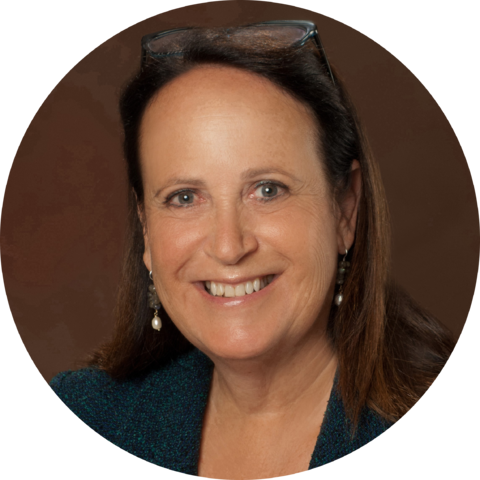 Felicia Marcus
Felicia Marcus
Felicia Marcus is currently the Landreth Visiting Fellow at Stanford University’s Water in the West Program and is an elected Fellow of the National Academy of Public Administration and the American College of Environmental Lawyers. Felicia was most recently Chair of the California State Water Resources Control Board after having served as Regional Administrator of the U.S. EPA Region IX and as head of the City of Los Angeles’ Department of Public Works in addition to senior leadership in national non-governmental organizations. She has experience as a private and public interest sector attorney and has worked on issues across the West spanning water supply, water rights, and water quality in addition to experience in other sectors like energy, toxics, and land use. She is also a member of the Water Policy Group, an international network of former and current high-level water official policymakers and is also one of the three US members of the Joint Public Advisory Committee of the North American Commission on Environmental Cooperation in addition to serving on many boards and advisory committees. Felicia graduated cum laude from Harvard College (East Asian Studies), has her JD from New York University School of Law, and attended Hong Kong University (Rotary Fellowship).
 Brian Tarroja
Brian Tarroja
Brian Tarroja is a CSCI research team member, an Associate Professional Researcher and Lecturer at UC Irvine. His research and teaching focuses on improving the robustness of strategies to carry out the transition to a cleaner, decarbonized energy system. Specifically, he focuses on understanding how to co-optimize concurrent transitions in energy, water, and transportation infrastructures to maximize beneficial outcomes and avoid or minimize harmful consequences. Brian is part of the Department of Civil and Environmental Engineering and also the Advanced Power and Energy Program research center at UC Irvine.
 Detlof von Winterfeldt
Detlof von Winterfeldt
Detlof von Winterfeldt is a CSCI research team member and he holds a joint appointment as Professor of Public Policy at the Sol Price School as well as the inaugural J.A. Tiberti Chair of Ethics and Decision Making and a Professor of Systems Engineering at the Department of Industrial and Systems Engineering in the Viterbi School of Engineering. In 2004 he co-founded the National Center for Risk and Economic Analysis of Terrorism Events (CREATE), funded by the US Department of Homeland Security. His research interests are in the foundation and practice of decision and risk analysis applied to the areas of technology development, environmental risks, natural hazards and terrorism. He has taught courses in statistics, decision analysis, risk analysis, systems analysis, research design, and behavioral decision research. He is the co-author of two books, three edited volumes, and author or co-author of over 120 refereed articles and chapters. He has served on fifteen committees of U.S. National Academies, including an appointment to the National Academies’ Board on Mathematical Sciences and their Applications and as Chair of the Committee on the Study of Performance Based Safety Regulations.
 Michelle Reimers
Michelle Reimers
Michelle Reimers is an innovative strategist and visionary leader who leverages her experience, connections, and deep understanding of California Water and Power issues on behalf of her clients. She is known as the “go-to” expert to position organizations, engage the public, connect stakeholders, and to tackle challenges with novel solutions. Michelle utilizes her 18-year career in the utility industry and specifically her 5 years as the CEO of Turlock Irrigation District to help organizations and their leaders to adapt to the changing climate. Michelle specializes in consulting on critical business needs including organizational optimization, emergency management, leadership development, external affairs, government relations and long-range strategic planning.
Michelle Reimers is a distinguished leader with over 18 years of experience in California’s water and energy sectors, including work with local, state, and federal agencies. Known for her progressive and collaborative approach, she founded Michelle Reimers Consulting in 2024, where she offers water and energy expertise in strategic planning, organizational optimization, emergency management, leadership development, communications, and government relations.
Prior to establishing her consulting firm, Michelle served as the General Manager for Turlock Irrigation District (TID), overseeing the organization’s extensive irrigation and electricity operations across a 662-square mile area in Central California. During her tenure, she adeptly guided TID through significant challenges, from the driest three-year period to the wettest year on record. Her innovative leadership led to the successful implementation of key projects, including the District’s second regulating reservoir, entry into the Western Energy Imbalance Market, and Project Nexus—a pioneering initiative involving solar panels over canals.
Michelle holds a Bachelor of Arts in Organizational Communications from California State University Stanislaus, where she graduated Magna Cum Laude. She is a Board Member for BEAM Circular and a Board Member for the Legacy Health Endowment Foundation. She was an inaugural member of the Water Solutions Network and a graduate of The James Irvine Foundation New Leadership Network and a member of the San Joaquin Valley Water Collaborative Action Program. Notably, she was the eighth General Manager, the first female, and the youngest to lead the 138-year-old Turlock Irrigation District.
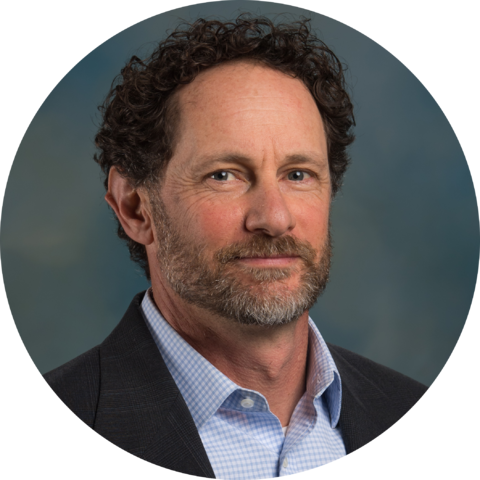 Andrew Schwarz P.E.
Andrew Schwarz P.E.
Andrew Schwarz is the California State Water Project (SWP) Climate Action Manager. The SWP (owned and operated by the California Department of Water Resources) is one of the largest public water and power utilities in the world, providing water for more than 27 million people and 750,000 acres of farmland. Mr. Schwarz works with SWP management, other State agencies, public water agencies, and scientists to reduce the SWP’s contribution to climate change and drive action on adapting to climate change risks facing California’s water systems. With over 20 years of water resource management and engineering experience, Mr. Schwarz specializes in climate change impact analysis, management solutions to impacts, and policy development. Mr. Schwarz has worked on multiple state-level water resource planning projects and has also worked to support local water agency climate resiliency planning.
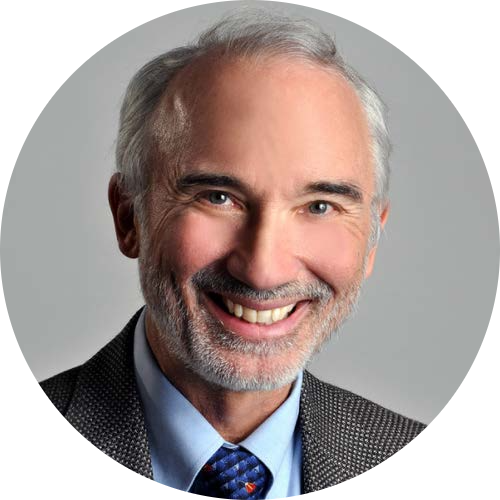 Roger Bales
Roger Bales
Roger Bales, CSCI research team member and Distinguished Professor of Engineering and Management, is contributing to California’s efforts to both build the knowledge base and implement policies that adapt our water supplies, critical ecosystems, and economy to the impacts of climate warming. His current research involves multi-benefit analyses of forest restoration, and of transitioning to renewable energy. His scholarship includes over 200 peer-reviewed papers in multiple disciplines, including environmental engineering, hydrology, glaciology, and geochemistry. Dr. Bales is also an Adjunct Professor of Civil and Environmental Engineering at UC Berkeley.
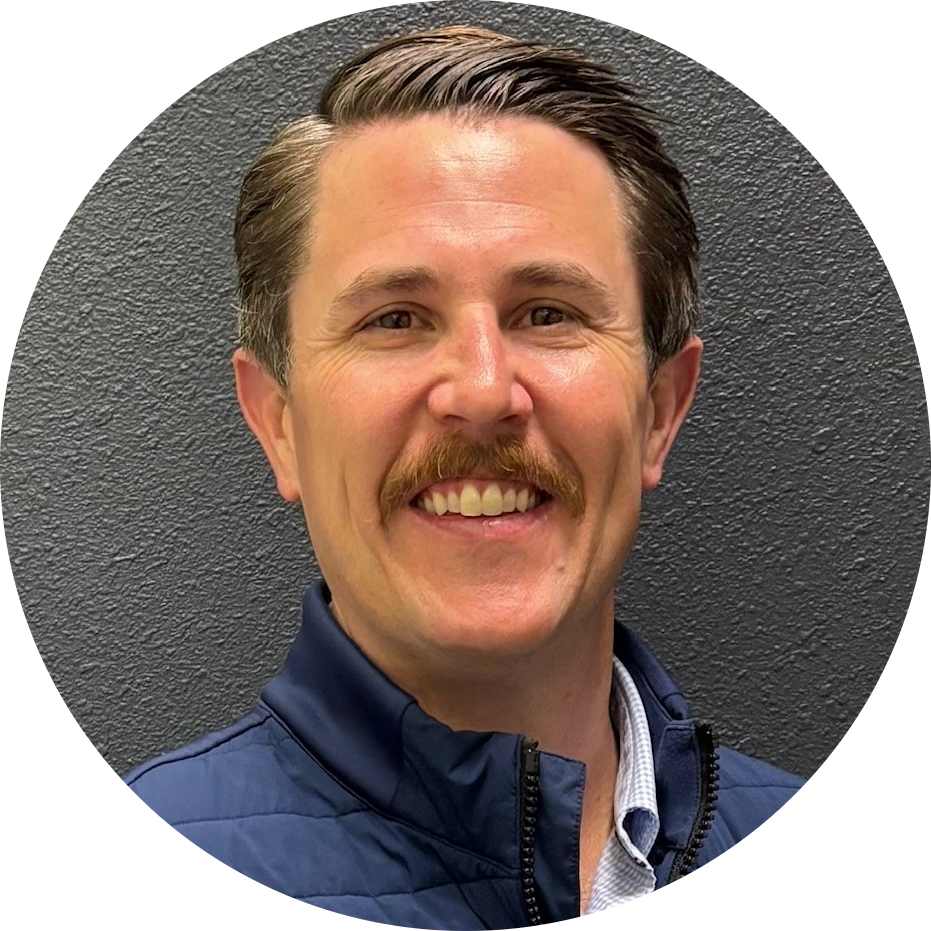 Bill Penney
Bill Penney
Bill Penney is a Senior Civil Engineer with the Turlock Irrigation District and is Project Manager for Project Nexus. Mr. Penney is responsible for various development projects for the District, ranging anywhere from water treatment facility improvements to fish habitat river restoration projects. He is a licensed professional engineer in the State of California with over 16 years of experience in the public and private sectors. Prior to joining TID in 2016, Bill spent the initial part of his career as a consulting engineer and upon his graduation from the University of California, Davis.
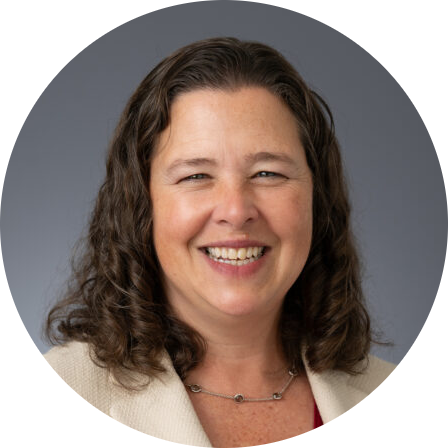 Kate Gordon
Kate Gordon
Kate Gordon is the CEO of CA FWD, a statewide organization dedicated to a more sustainable, resilient, and inclusive economy across every region of the state. Gordon has spent the past two decades working at the intersection of climate change, energy policy, and equitable economic development. Most recently, she served within the Biden-Harris administration as Senior Advisor to U.S. Energy Secretary Jennifer Granholm. During her time at the Department of Energy, Gordon led a variety of locally focused initiatives to help drive a more sustainable and resilient energy transition, including creating the Community Benefits Plan framework for DOE funding under the Bipartisan Infrastructure Law and Inflation Reduction Act; driving the agency’s efforts to site clean energy projects on DOE lands through the Cleanup to Clean Energy initiative; and collaborating with the White House to lead the Interagency Working Group on Coal and Power Plant Communities. Gordon served on the Secretary of Energy’s Advisory Board (SEAB) through the end of the Biden-Harris administration.
Prior to her time in the Biden-Harris administration, Gordon served for several years in California state government as the Director of the Governor’s Office of Planning and Research and Senior Climate Policy Advisor to Governor Gavin Newsom. In this role, Gordon launched or led several initiatives to better integrate climate and economic development strategy across the state, including the Commission on Catastrophic Wildfire Cost and Recovery, the Regions Rise Together initiative, and the Community Economic Resilience Fund (CERF), now known as California Jobs First. As founder and head of California’s interagency “climate cabinet,” she also led the creation of the first-ever integrated California climate budget as part of the Governor’s 2020 budget proposal. Gordon’s policy work in California earned her CA FWD’s 2022 California Steward Leader Award.
Before entering public service, Gordon was the founding director of the Risky Business Project, co-chaired by Mike Bloomberg, Hank Paulson, and Tom Steyer and focused on quantifying and communicating the financial risks and economic impacts of climate change on key U.S. regions and sectors. Gordon has also served in senior leadership positions at several nonpartisan think tanks including the Henry M. Paulson Institute, the Center for the Next Generation, the Center for American Progress, and the Center on Global Energy Policy at Columbia University. Gordon got her start on energy and climate issues working at the national Apollo Alliance, where she ultimately served as co-Executive Director until the merger with the Blue-Green Alliance in 2011.
Gordon earned a J.D. and a Masters in City and Regional Planning from the University of California-Berkeley, and an undergraduate degree from Wesleyan University. Gordon serves on multiple boards, including for Brown Advisory and Element Resources. She teaches a regular course on “Climate: Politics, Finance, and Infrastructure” at the University of California-Berkeley and serves as a Non-resident Scholar at Carnegie California.
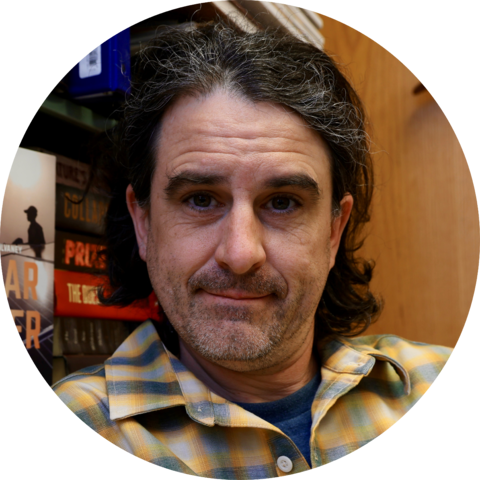
Dustin Mulvaney
Dustin is a Professor of Environmental Studies at San José State University, one of the first six interdisciplinary environmental studies programs in the USA emerging from the first Earth Day in 1970. His work focuses on the social and environmental dimensions of natural resources, land use change, and global production systems. His research focuses on questions about emerging technologies, socio-ecological change, and environmental justice. The areas of expertise he works on includes solar energy commodity chains, some of which is synthesized in his book Solar Power, Innovation, Sustainability, and Environmental Justice (University of California Press, 2019). He also wrote the textbook Sustainable Energy Transitions: Socio-Ecological Dimensions of Decarbonization which was published in December 2020. His second textbook Energy, Society, and Environment will be released in 2025 with Wiley-Blackwell.
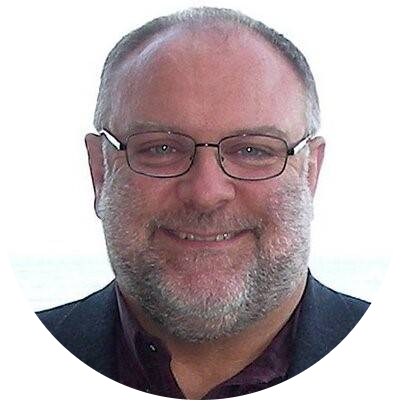 Kip Lipper
Kip Lipper
Kip Lipper has served the California Legislature for nearly 40 years, during which time he has been chief policy advisor on energy, environmental, and natural resources matters to four former California State Senate Presidents Pro Tempore; and he continues in that capacity serving Senator Toni Atkins today. Kip also served as chief of staff for Assemblymember and former NCPA Commission ChairSenator Byron Sher (D-Palo Alto), staff director to the Senate Committee on Environmental Quality, and chief consultant to the Assembly Natural Resources Committee. During his career, he has worked on legislation covering a broad array of energy and environmental issues, including the California Clean Energy and Pollution Reduction Act, the California Global Warming Solutions Act, the California Clean Air Act, the California Beverage Container Recycling Act, the California Environmental Quality Act, as well as many other critical pieces of legislation on energy regulation, renewable energy, and climate matters.
 Lance Ignon
Lance Ignon
Lance Ignon is a CSCI project team member and is senior associate dean of communication for the USC Sol Price School of Public Policy. His work at USC includes facilitating a study examining the comprehensibility of terms commonly used in IPCC reports, organizing climate change conferences and overseeing editorial projects about climate change. Prior to joining USC in May 2017, Lance served as founder and managing director of Citizen Public Relations, where he specialized in healthcare and environmental issues. His clients included the IPCC, the Intergovernmental Science-Policy Platform on Biodiversity and Ecosystem Services, the Energy Foundation, the ClimateWorks Foundation, Code REDD+, the Risky Business Project, Impossible Foods and several leading academic hospitals.He began his career as a journalist, working as a finance editor and reporter for Investor’s Business Daily, a part-time business reporter for The Los Angeles Times, a foreign correspondent for The Economist Group and as the founding editor of an award-winning business newspaper, The Business Press. Lance earned his B.A. in political science from the University of California, Irvine, and his master’s degree in journalism from Columbia University.
 Doug Messer
Doug Messer
Doug Messer is the project manager for CSCI and is a senior project manager at USC Public Exchange. He has contributed to Public Exchange partnerships on sustainability in water conservation, electric vehicle adoption, healthcare clinician wellbeing, and others, with partners including SCV Water, the City of Los Angeles, USC Keck Hospitals, Thorn and more. He brings over 10 years of project management experience to the team, including previous roles at USC Marshall and NYU, where he partnered with organizations such as Kaiser Permanente, Apple, Virgin Orbit, the US Navy, AT&T, IBM, JPMorgan Chase, Viacom, SoCalGas and more.
